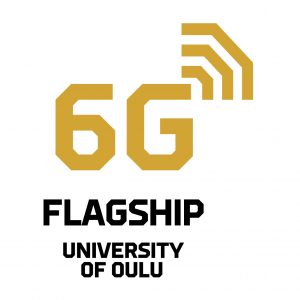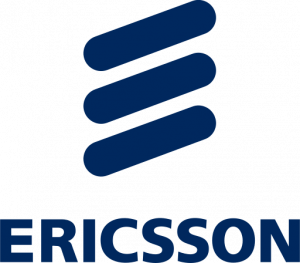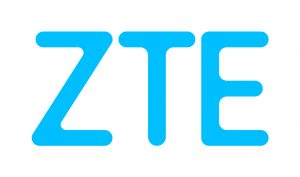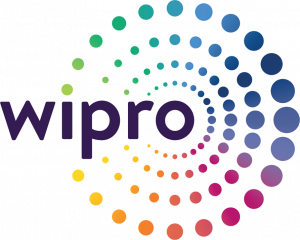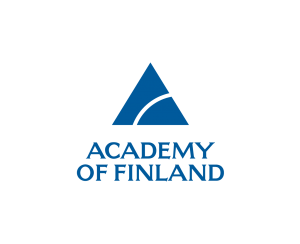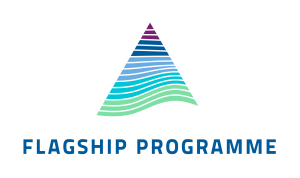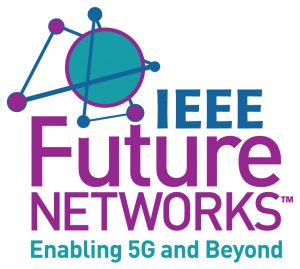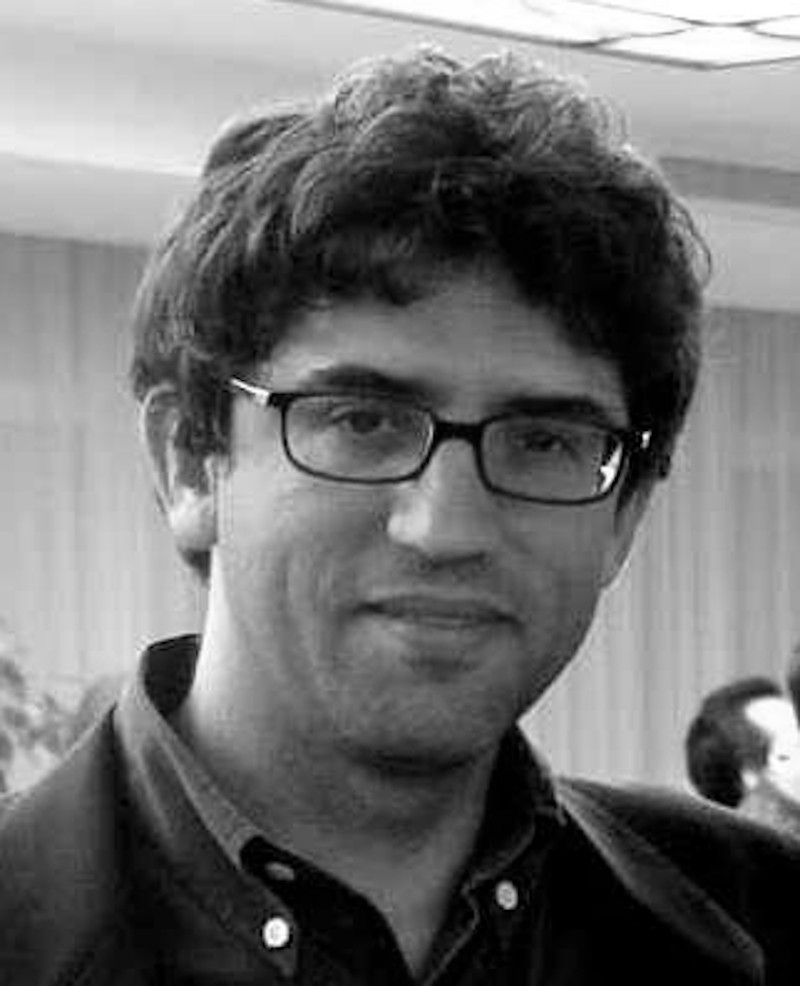
Giuseppe Caire received the B.Sc. in Electrical Engineering from Politecnico di Torino in 1990, the M.Sc. in Electrical Engineering from Princeton University in 1992, and the Ph.D. from Politecnico di Torino in 1994.
He has been an Assistant Professor at the Politecnico di Torino, Associate Professor at the University of Parma, Italy, Professor at the Eurecom Institute, Sophia-Antipolis, France, a Professor with the Viterbi School of Engineering, University of Southern California, Los Angeles, and he is currently an Alexander von Humboldt Professor with the Faculty of Electrical Engineering and Computer Science at the Technical University of Berlin, Germany.
He received the Jack Neubauer Best System Paper Award from the IEEE Vehicular Technology Society in 2003, the IEEE Communications Society & Information Theory Society Joint Paper Award in 2004 and in 2011, the
Leonard G. Abraham Prize for best IEEE JSAC paper in 2019, and the Vodafone Innovation Prize in 2015.
He is a Fellow of IEEE since 2005 and was President of the IEEE Information Theory Society in 2011.
Initial Beam Acquisition, Precoding, and Modulation, for Hybrid Digital/Analog mmWave Multiuser MIMO
While mmWave communications were expected to make a real breakthrough in 5G, it seems that the current technology trend has settled for more traditional frequency and signal bandwidths for the “access” segment, relegating high frequencies and large bandwidth for point-to-multipoint fixed wireless systems (e.g., wireless backhaul/fronthaul and last-mile data distribution solutions).
As a matter of fact, the major problems with the use of mmWaves for the access to mobile users is the need for fast and scalable initial beam acquisition schemes for two-sided large arrays (both at the BS and at the UE side), and the use of modulation formats that are well suited to hybrid digital analog beamforming, in terms of peak-to-average power ratio and robustness to high Doppler shifts.
In this talk we propose a set of basic concepts for a “beyond 5G” mmWave access scheme that would solve all the above issues.
Hits: 616
